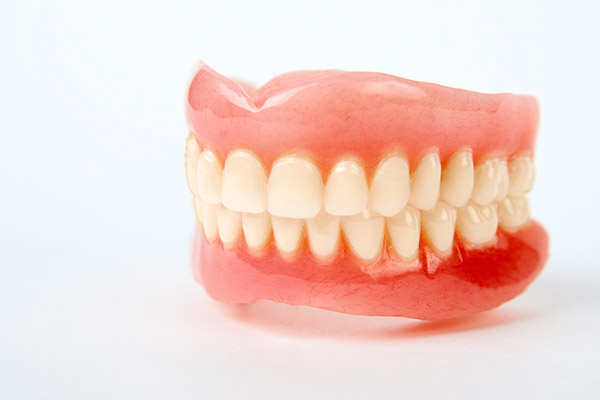 When you don't provide the proper denture care for your dentures, you can get a bad case of denture odor. Odors are not only unpleasant to you but also unpleasant for those around you. It may have an effect on your eating habits and oral health as well. It's not unusual for dentures to start smelling after a few months of use. This is because food and saliva can collect underneath the denture, creating an environment that promotes bacterial growth.
When you don't provide the proper denture care for your dentures, you can get a bad case of denture odor. Odors are not only unpleasant to you but also unpleasant for those around you. It may have an effect on your eating habits and oral health as well. It's not unusual for dentures to start smelling after a few months of use. This is because food and saliva can collect underneath the denture, creating an environment that promotes bacterial growth.
Denture odor is caused by bacteria that thrive in the mouth and cannot be washed away with a toothbrush alone. The best way to combat this problem is through proper denture care, such as using special products specifically designed for the task or visiting your dentist every six months to make sure everything stays clean and fresh. But there are steps you can take at home to prevent this from happening.
Brush regularly
Brush your teeth before inserting your dentures every morning (or at least twice a day), as well as flossing once a day. It is important to remove food particles and buildup from underneath and around your dentures every day. To brush properly, tilt your denture at a downward angle into a sink filled with warm water and denture cleaning solution. Brush gently using small circular motions, paying extra attention to the gum line.
Rinse dentures thoroughly after brushing and pat dry with a soft towel or let them air-dry for at least 30 minutes before wearing them in your mouth. You can also use denture cleaning solutions on dentures by soaking overnight once every few weeks or sprinkle denture cleanser onto a damp toothbrush, rub denture cleanser on dentures and let it soak for a few hours.
It is also important to remove dentures before bedtime every night to prevent denture staining from sleeping with dentures in your mouth.
Avoid scratching dentures
There are denture nozzles (products that fit on dentures and allow you to rinse them without using your hands) available, or you can invest in a denture cleaning solution specially designed for dentures. Ways scratches on dentures can cause denture odor:
- Scratches on dentures can cause food particles to get stuck and release bacteria
- Scratches on dentures can trap saliva, which leads to bad breath
- Scratches on the surface of dentures allow for more bacterial growth than a smooth surface would
- The presence of scratches makes it difficult for denture wearers to clean their teeth properly, leading to tooth decay and gum disease
Don't use fancy toothpaste, mouthwash or shampoo on dentures; most of these products contain abrasives that will scratch the dentures and cause denture odor. When eating, try to relax your mouth so food doesn't go underneath dentures. If food does get stuck underneath dentures, remove dentures and gently wet a towel with warm water and use the damp part of the towel to rub off food particles.
Don't put dentures back in your mouth immediately after removing them. Allow dentures to air-dry for at least 30 minutes before reinserting them in the mouth. If dentures are soiled, soak them overnight in denture care and cleaning solution and then rinse thoroughly with warm water before wearing again.
Related Posts
When you are new to wearing dentures, you have many questions involving your denture care. Some people who wear dentures and do not have any natural teeth left believe they no longer need to see their dentist regularly like they used to. For many reasons, making sure you still see your dentist for regular appointments…
Denture care is essential for dental health. How often do you think about your dentures? There's a good chance it's not as often as you should. Your dentures are part of your mouth and one of the most important parts because they can impact how your smile looks and feels.Denture care is vital for dental…
When you have dentures, you must remember this, proper denture care starts with treating your dentures just like natural teeth. You should keep your dentures clean and shiny to help maintain your new smile. Keeping your dentures and mouth clean will help to extend the life of your new smile! Here are four tips on…
